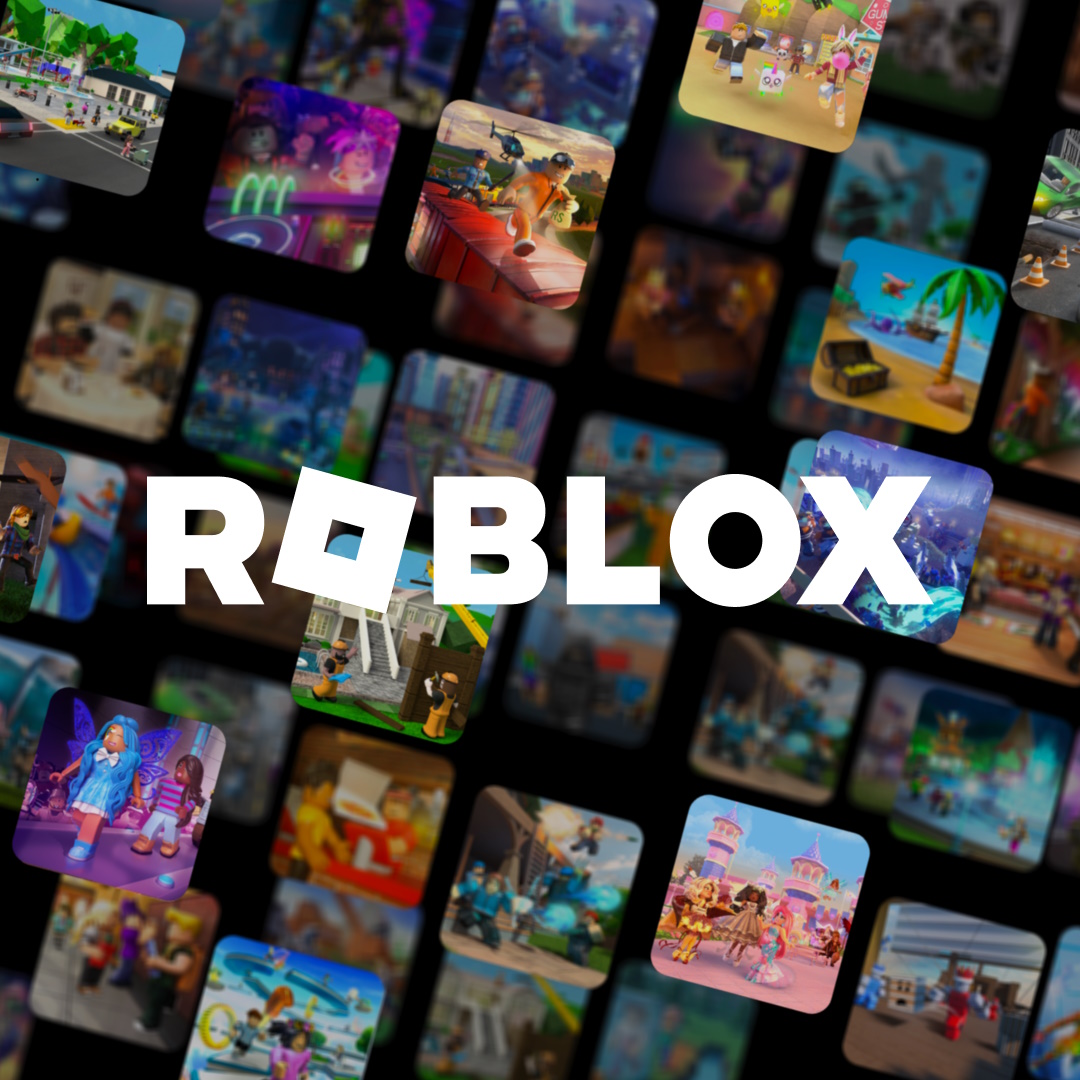Elevate Your Online Gameplay Instantly Using Robux Gift Card Bonuses
Unlocking new levels, exclusive items, and special abilities in online games can be both exciting and rewarding. One of the most effective ways to enhance your gaming experience is by using Robux gift card bonuses. These bonuses allow players to instantly access premium features, unique outfits, and exclusive in-game items without the need for long hours of grinding. By leveraging Robux gift cards, gamers can enjoy a smoother, more engaging gameplay experience while maximizing the fun and rewards that come with their favorite games.
How Robux Gift Card Bonuses Improve Your Gameplay
Robux gift card bonuses are designed to provide players with extra value. When you redeem a gift card, you not only get the credited amount but often receive additional Robux as a bonus. This extra currency allows you to make smarter choices in-game, unlock content faster, and explore features that might otherwise be unavailable.
Key benefits include:
- Immediate Access to Premium Content: Unlock characters, skins, and tools instantly without waiting.
- Enhanced Game Progression: Use bonuses to speed up achievements and reach higher levels quickly.
- Exclusive Customization Options: Stand out with rare outfits, accessories, and avatars.
- Improved Competitive Edge: Gain access to powerful items or abilities that can enhance your performance.
Maximizing Your Bonus Effectively

To fully benefit from Robux gift card bonuses, it is important to plan your purchases wisely. Instead of spending all bonuses immediately, consider investing in items or upgrades that provide long-term advantages. For example, purchasing in-game tools or resources that help you advance faster can be more valuable than buying purely cosmetic items. Many gamers prefer a digital robux gift card india because it provides instant credit to their Roblox account without any hassle or delay.
Tips for effective use:
- Prioritize items that improve gameplay efficiency.
- Save some bonus Robux for future updates or special events.
- Compare available items to ensure you get the best value for your bonus.
- Track your spending to avoid unnecessary purchases.
Common Mistakes to Avoid
Even with bonuses, gamers can make errors that reduce the benefits of Robux gift cards. Avoid these pitfalls:
- Spending all bonuses on temporary or low-value items.
- Ignoring the potential of combining bonuses with regular Robux for better upgrades.
- Forgetting to check for bonus promotions before making purchases.
Robux gift card bonuses offer a simple and effective way to elevate your online gameplay instantly. By providing immediate access to premium features, exclusive items, and enhanced game progression, these bonuses help you get the most out of your gaming experience. Using them strategically ensures that you maximize both value and enjoyment while avoiding common mistakes.
Key Takeaways:
- Redeem bonuses to unlock exclusive content and improve game progression.
- Plan purchases to make long-term gameplay improvements.
- Use bonus Robux strategically to enhance both performance and aesthetics.
- Avoid impulsive spending to maintain maximum value from your gift cards.
With Robux gift card bonuses, players gain a practical and rewarding tool to make every gaming session more engaging, enjoyable, and full of possibilities.

